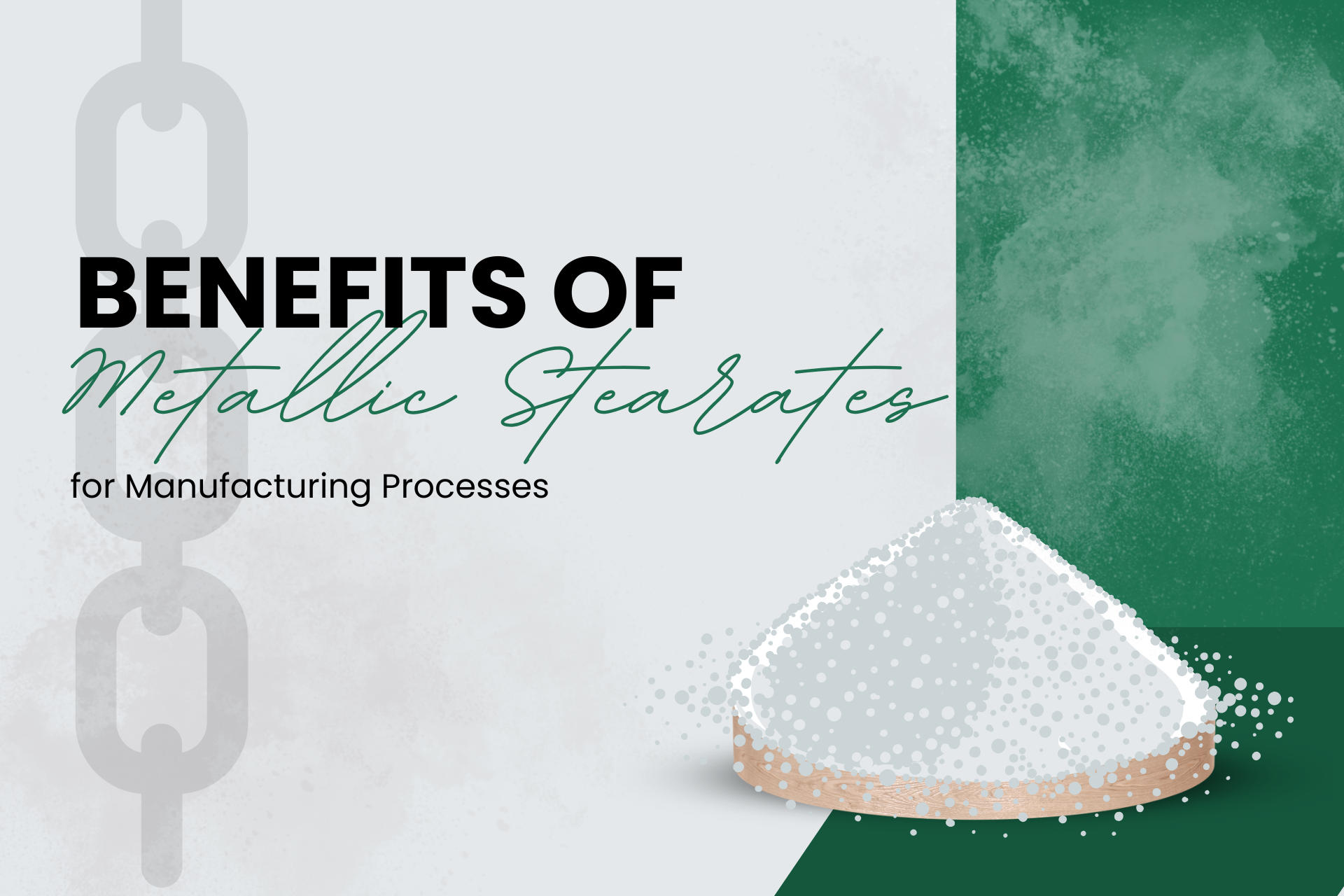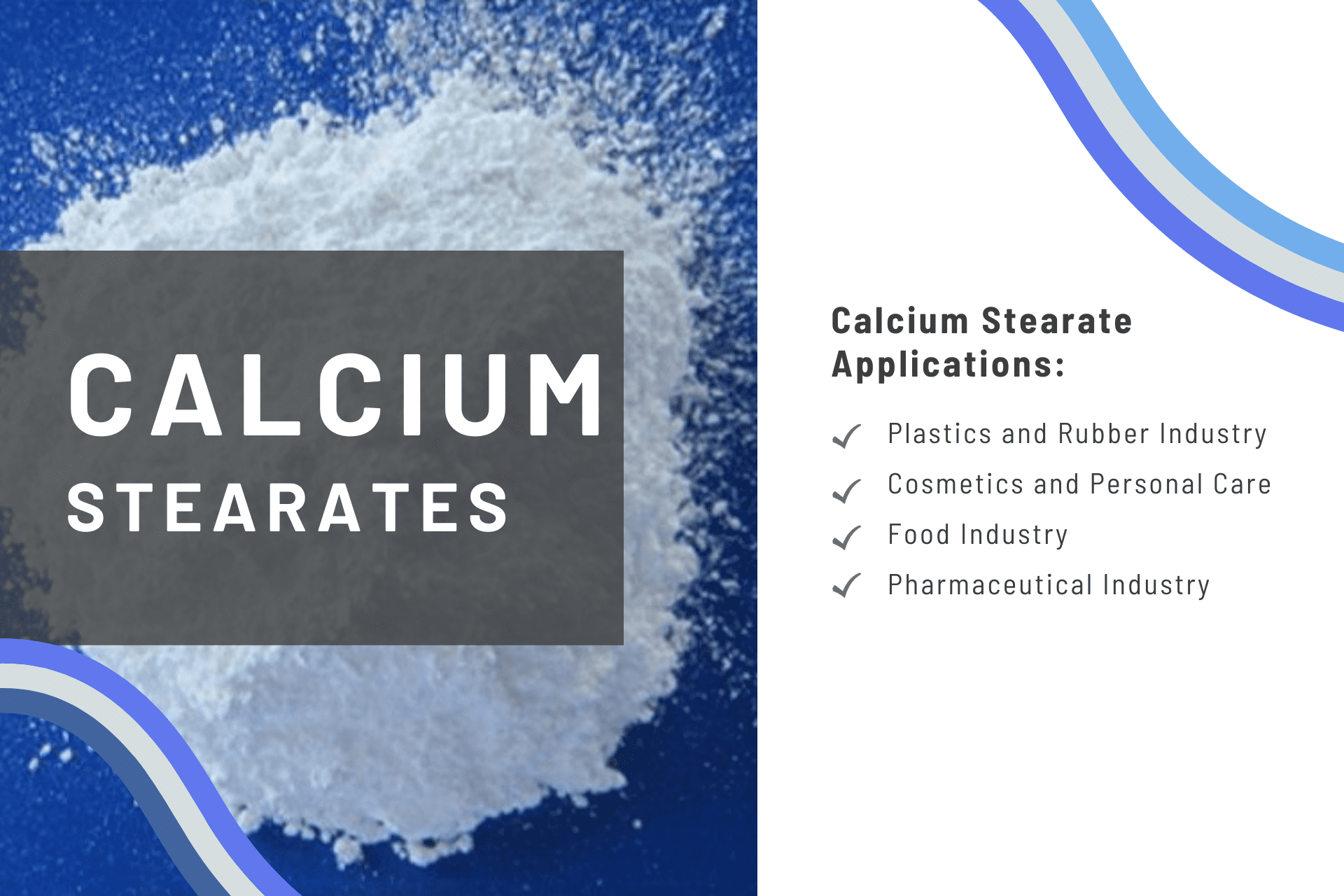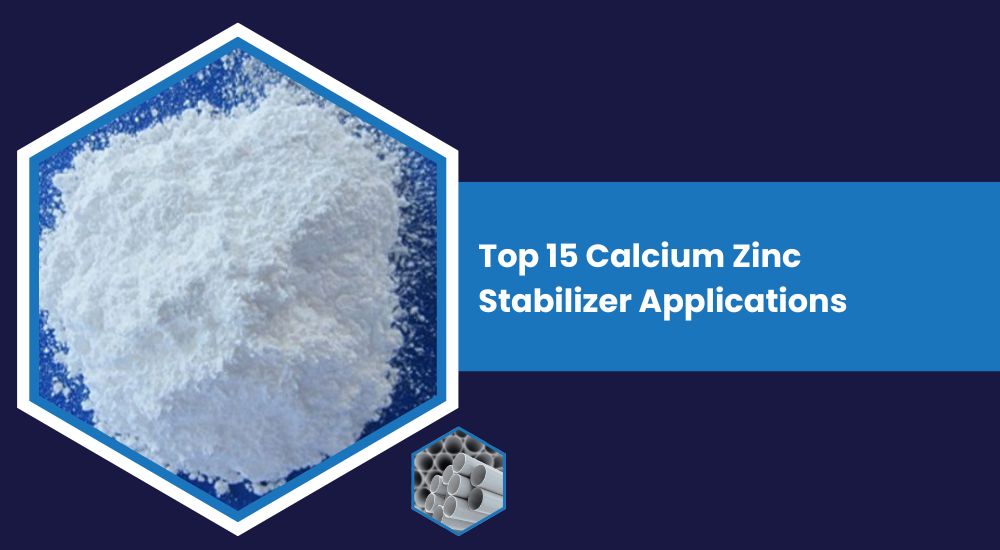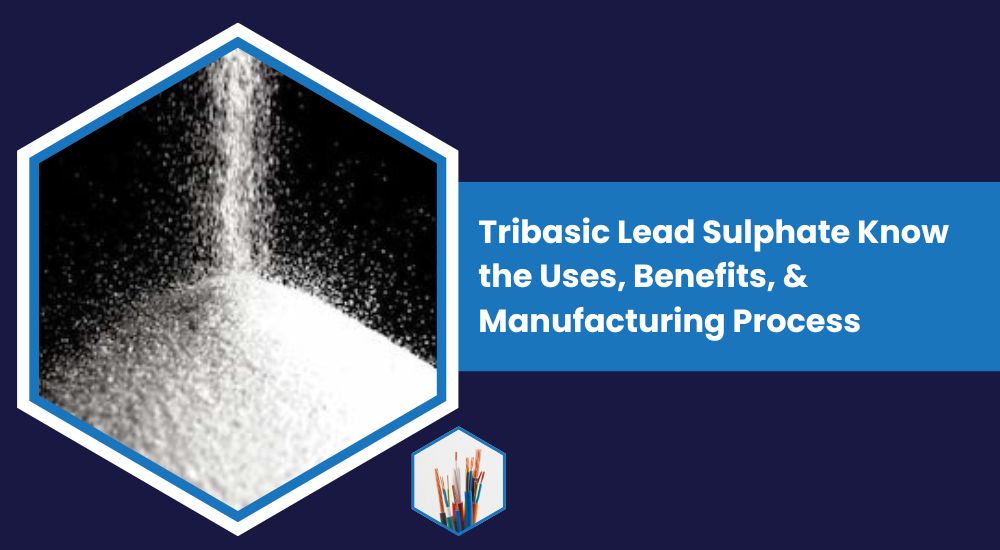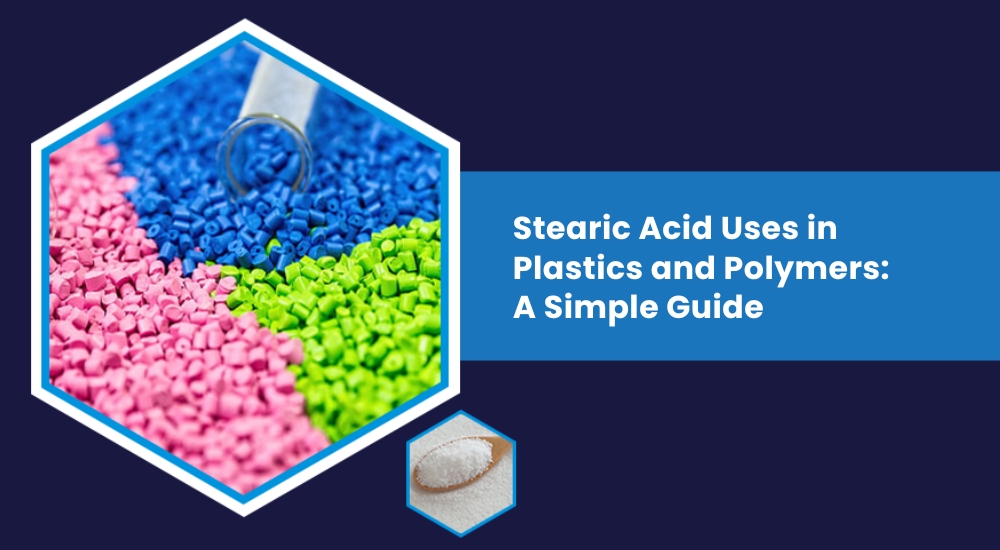
Stearic acid is a fatty acid that is used in the production of plastics and polymers. It is white and waxy in texture, and this substance comes from animal fats and plants. It also improves the quality of the many manufacturing products. In this blog, we are going to explore the many important roles of stearic acid in the plastic and manufacturing industries. Find out how partnering with a reliable stearic acid manufacturer in India ensures consistent quality and optimized performance in your plastic and polymer applications.
What is Stearic Acid?
The stearic acid is a chemical and its formula is C18H36O2. It is mostly made from vegetables, palm oil, and animal fats. As it is mentioned it is white and waxy in texture and used in many industries or different products manufacturing.
Stearic Acid in the Plastic Industry
Stearic acid is highly used in plastic and polymer production for different products. Some of the important key benefits are:
- Lubricating Properties: Stearic acid is a very excellent lubricating compound. It is used in the manufacturing of plastic and polymers. It reduces the friction of the two materials. This makes the manufacturing process very simple and faster.
- Mold Release Agent: Stearic Acid is used in the molding release agent also. When it comes to giving the shape to plastic or polymer products then this material comes in use. Steric acid stops the material from sticking in the molds and makes the process easier.
- Improving Plastic Flow: It helps enhance the flow characteristics of plastics during the molding process. The presence of stearic acid decreases the melting of the polymer, it flows more smoothly into the mold.
- Enhancing Material Properties: Stearic acid improves the flexibility, durability, and strength of any plastic product. It makes the products ready in a definite shape and prevents them from becoming brittle.
- Enhancing Thermal Stability: Stearic acid improves the thermal stability of the plastic during its manufacturing since plastics can be sensitive to heat in production. It saves the plastic when exposed to high temperatures during the Stearic acid manufacturing process, which is very necessary for the quality of the final product.
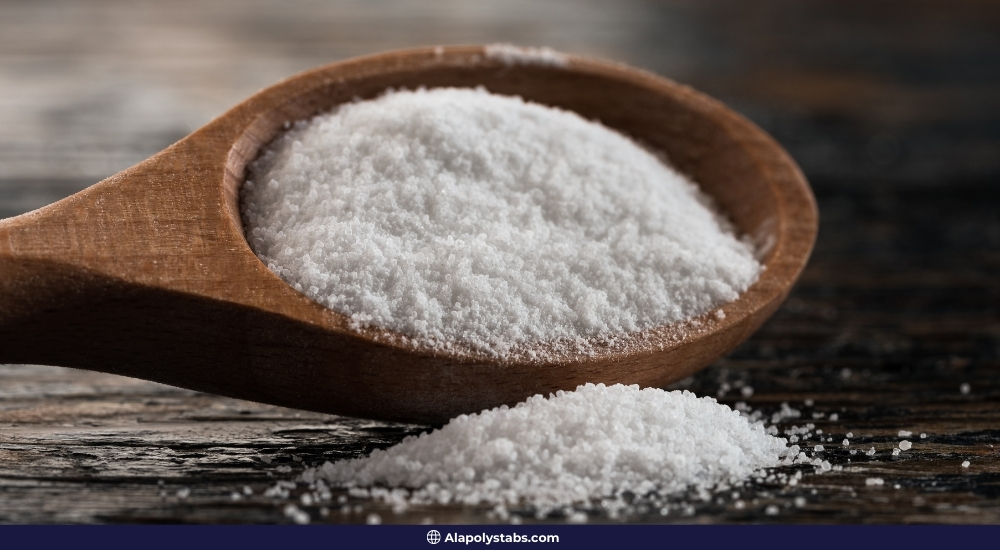
Benefits Of Using Stearic Acid In Plastics
Stearic acid is very useful in the Plastic industry as it is cost cost-effective and eco-friendly compound that reduces friction. It creates the stability, durability, and flexibility among the products. This is the most important compound which creates many plastic products. Now, lets explore the benefits of the stearic acid:
- Cost-effective: Static acid is a cheaper and easier way to create stability in the manufacturing of the products. It is environmentally friendly and useful for the durability of the products.
- Enhanced Processing Efficiency: The stearic acid reduces friction and prevents the equipment the wear and tear.
- Better Surface Quality: Stearic acid gives better surface quality to the products and perfect products like automobile parts and many more plastic products.
- Stronger PVC: The stearic acid brings stability to the products and makes their products strong by saving them from heat damage.
- Eco-Friendly: The stearic acid products are biodegradable and safer for environmental factors.
Common Plastics and Polymers That Use Stearic Acid
Here are some common and essential roles of Stearic acid in plastics and polymers:
- PVC (Polyvinyl Chloride): Stearic acid is used during flexible PVC production, which applies in pipes, flooring, and electrical cable use.
- Polyethylene and Polypropylene: Those plastics are applied in each bag, bottle, and several others. Stearic acid makes the materials somewhat more flexible and easier to process.
- Rubber: Steric acid is used in the formulation of rubber and tire manufacturing. It has an important role in making the seals also.
- Polystyrene: Polystyrene is used for the packaging and disposal the plastics. Stearic acid makes the products lubricate so that there is no generation of the friction during production of any product.
Stearic Acids Role in Biodegradable Plastics
With the growth of sustainability steric acid makes biodegradable products. It also helps the environment to make the most friendly products and improve the quality of certain polymers. This makes stearic acid an important ingredient for reducing plastic pollution and creating sustainable alternatives.
The Future of Stearic Acid in Plastic Production
The demand for stearic acid is increasing in the market because it is growing rapidly in the PVC industry. The researchers are planning to expand research on new ways to use stearic acid to improve polymer properties, increase production efficiency, and contribute to more sustainable plastic manufacturing processes. With its wide range of use and durability stearic acid is very essential for the plastic industry. As it expands the plastic industries will grow along and give its support in the environmental saving factors.
Conclusion
Stearic acid plays many roles in the plastic industry like enhancing color stability or acting as a pivotal plasticizer. As the demand for sustainability and high-performance products has increased, this compound with its renewable origin and impressive functional benefits, will likely continue to be an essential component in the world of plastics. The industrys future is closely linked to this adaptable fatty acid, offering the potential for innovative uses and more eco-friendly solutions.
Frequently Asked Questions
What are the alternatives we can take in the place of stearic acid?
There are many alternatives which you can use in place of stearic acid, such as:
- Paraffin wax
- Calcium stearates
Can stearic acid be used in all types of plastics?
Stearic acid can be used in thermoplastic products, Polyethylene, and Polypropylene.
In which products are stearic acid used the most?
Stearic acid is used in packaging, medical, automobile, and construction industries.
What is the role of stearic acid in the flexibility of plastic products?
Stearic acid plays a major role in enhancing the flexibility of polymers during the production of plastic products.
